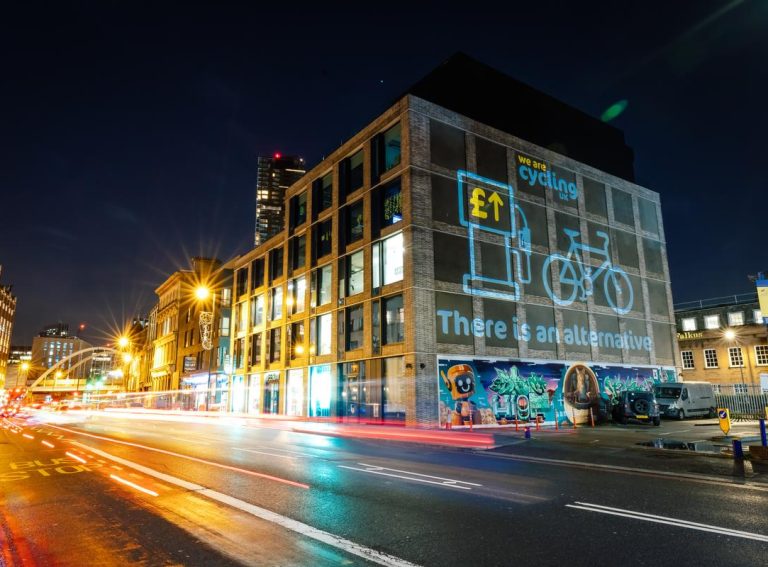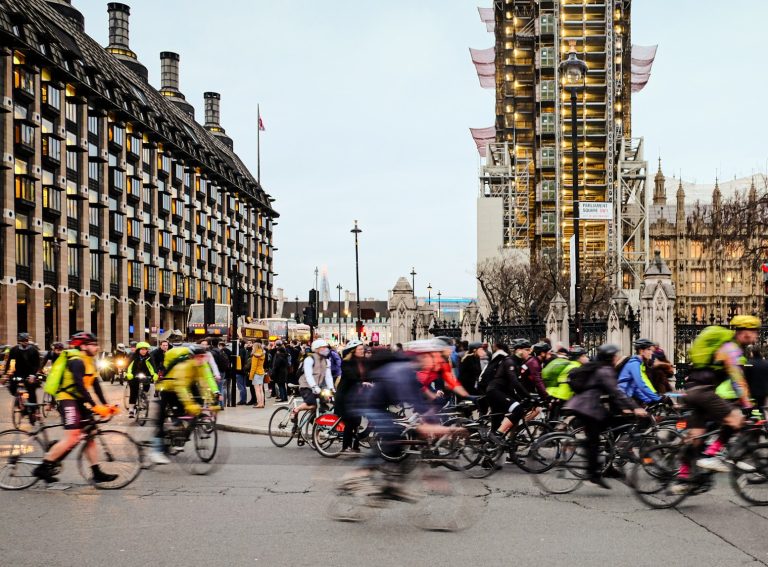Sustainable delivery service Zedify saved 202 tonnes of CO2e in 2023 – the equivalent to the annual electricity consumption of 362 British households.
This comes from Zedify’s 2023 Annual Impact Report released today.
According to Zedify’s findings, cargo bikes save an average of 95% more CO2e than diesel vans, and 82% more than electric vans.
“It’s a very striking finding that, when applying the ‘well to wheel’ method for the ‘operating emissions’, cargo bikes come with very significant carbon savings compared to the next best alternative, EVs,” Zedify Co-Founder and CEO Rob King told Zag Daily.
Well-to-wheel emissions account for all those related to fuel production as well as those released during operations.
The report also found that urban last-mile delivery emissions could reach 25 million tonnes of CO2e annually by 2030 in the top 100 cities globally if things don’t change.
Zedify is one sustainable delivery company that is making changes. King, who launched one of the UK’s first commercial cargo bike delivery services in 2005, said that 91% of Zedify’s fleet now consists of cargo bikes while electric vans make up 9%.
The “right-sizing” approach
King advocates for the vehicle right-sizing principle which says that vehicles should be matched to the size of the job.
“This is all about using the smallest, lightest vehicle you can for the freight and logistics profile you’re handling, to take up the least space on urban roads and emit the lowest carbon emissions.
“There’s a famous – although rather old – TfL stat which found that one third of vans in London are typically less than one quarter full.
“It’s also true that a huge proportion of parcels can be delivered by cargo bikes. Using a ‘cargo-bike first’ model, as we do at Zedify, means you avoid a scenario with thousands of underutilised large steel boxes emitting tonnes of emissions and clogging up our urban roads.”
Where next?
Going forward King said that Zedify will continue to experiment with different fleet mixes of cargo bikes and electric vans to find the best efficiencies in terms of cost and impact.
“But, in dense city centres I don’t see a better solution than cargo bikes right now for hitting consumer delivery expectations and reducing emissions.”
Zedify recently took cargo bikes one step further with the creation of its own cargo trikes. These cargo trikes incorporate recovered and re-engineered batteries from written-off cars to save virgin materials such as lithium.
To continue reducing its carbon impact over the next year, Zedify plans to directly tackle its scope 3 emissions which currently make up 97% of the company’s total.
According to King, the middle-mile will be the most challenging obstacle to overcome.
“When you’re a disruptor, such as Zedify, you redesign one piece of a puzzle and then realise the infrastructure you’re operating within is still designed to support the outgoing models. That’s something we’re working hard on this year- it’s a key part of our strategy.”
As part of this strategy, Zedify is working alongside the West of England Combined Authority and WSP to use underused space on Megabus coaches to transport parcels in the middle-mile.




